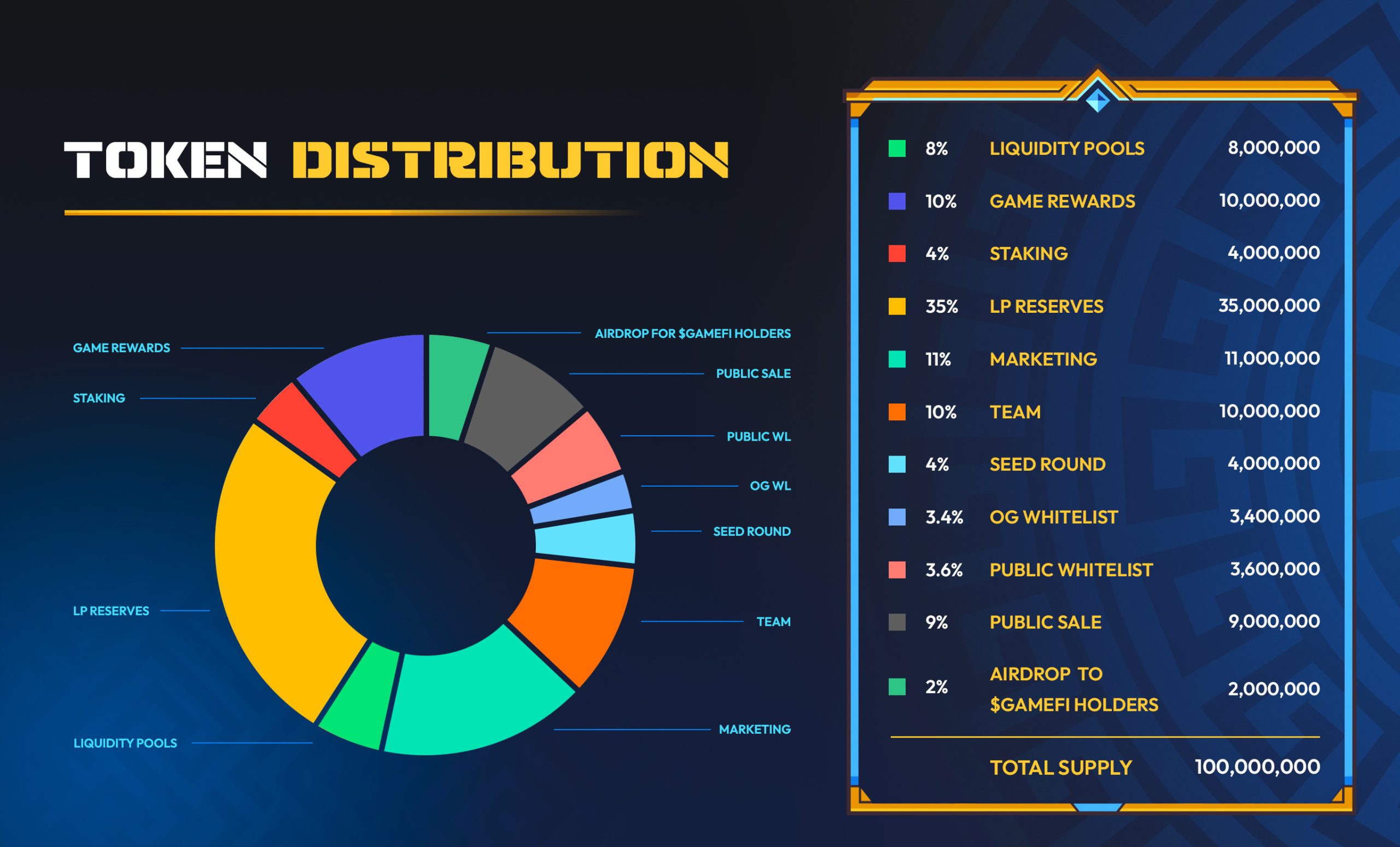Cool Orologi: Timeless Trends
Explore the fascinating world of watches and timepieces.
Gaming's New Goldmine: How Tokenomics is Reshaping Player Profitability
Discover how tokenomics is revolutionizing gaming and unlocking new profit potential for players. Don't miss out on the future of gaming!
Understanding Tokenomics: The Future of Player Ownership in Gaming
Tokenomics refers to the economic model that underpins crypto tokens, and it has become a significant factor in the gaming industry as player ownership continues to evolve. By leveraging blockchain technology, developers can create decentralized ecosystems where players not only engage with the game but also truly own in-game assets. This paradigm shift from traditional gaming models to those allowing for player ownership means players can buy, sell, and trade virtual items as if they were actual commodities. This democratization of assets fosters a community-driven economy, where players can directly influence the game's landscape and value.
The future of gaming with tokenomics offers a unique opportunity for players to invest in their passions. Through decentralized finance (DeFi) mechanisms, players can earn tokens by participating in gaming activities or contributing to the game’s ecosystem. This not only creates a new revenue stream for players but also increases their engagement, effectively reinventing the relationship between gamers and developers. As the gaming landscape continues to evolve, understanding tokenomics will be crucial for players looking to navigate and capitalize on the associated benefits of player ownership.

Counter-Strike is a popular tactical first-person shooter game that pits two teams against each other, the Terrorists and the Counter-Terrorists. Players can choose from a variety of weapons and strategies to complete objectives such as bomb defusal or hostage rescue. For those interested in enhancing their gaming experience, check out the bc.game promo code for exciting bonuses and rewards.
How Tokenomics is Creating New Revenue Streams for Gamers
Tokenomics is revolutionizing the gaming industry by introducing new forms of monetization that benefit both developers and players. Traditionally, gamers have relied on microtransactions and subscription models for revenue, but the emergence of blockchain technology has paved the way for innovative economic systems. Through the use of digital tokens, players can now earn, trade, and invest in-game assets, creating a dynamic economy that rewards participation. This shift not only enhances the overall gaming experience but also empowers players to engage with their favorite games on a deeper level.
Moreover, the integration of tokenomics allows for the creation of unique in-game economies where players can participate in decentralized finance (DeFi) activities. For example, players might earn tokens by completing challenges or contributing to community-driven initiatives, which can then be traded for real-world value. This opportunity increases player engagement and fosters a sense of ownership and responsibility towards the game's ecosystem. As token-based models continue to gain traction, we can expect to see new revenue streams that not only support game developers financially but also enrich the gaming community as a whole.
Is Tokenomics the Key to Sustainable Profitability in the Gaming Industry?
Tokenomics is increasingly gaining attention as a pivotal element in the gaming industry, particularly for developers seeking sustainable profitability. By integrating tokens within a game’s ecosystem, developers can create a self-sustaining economy that encourages user engagement and rewards players. This introduces a unique financial model where in-game assets can hold real-world value, giving players a motive to invest time and resources. As a result, tokenomics can drive a cycle of user investment, which is typically vital for long-term success in gaming.
Moreover, the implementation of tokenomics can enhance player retention and community loyalty. With players able to earn and trade tokens, they become more invested in the game’s success. This participation can lead to a more vibrant gaming community, fostering emotional attachment and increasing the chances of players becoming advocates for the game. Furthermore, as more games adopt these innovative models, it’s clear that tokenomics may indeed be the key to unlocking sustainable profitability in the gaming industry and revitalizing the way gaming developers monetize their creations.